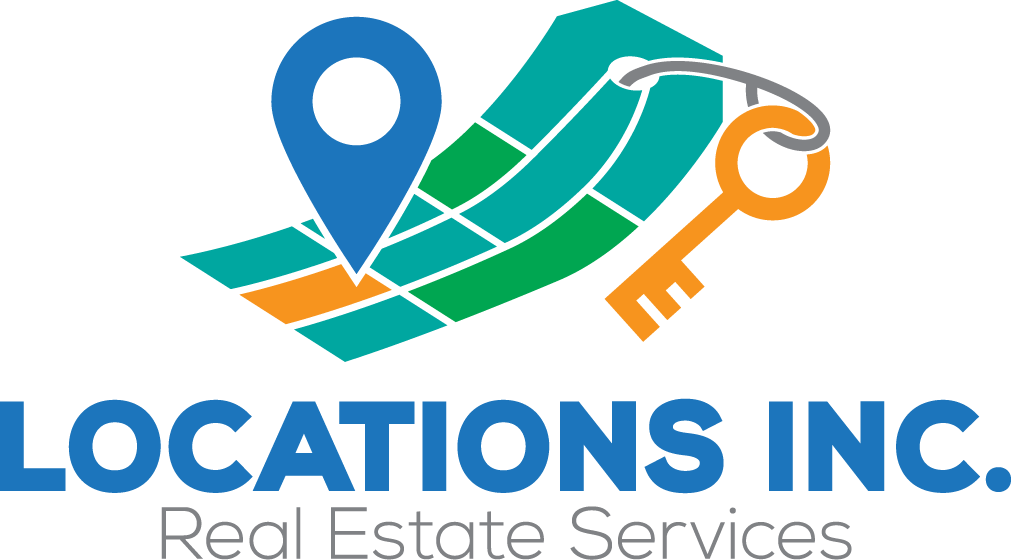What are Discount Points?
When you're buying a home, you’ll come across all sorts of mortgage terms and interest rates. One term you might bump into is "discount points." So, what are they exactly?
What Are Discount Points?
Simply put, discount points are a way to pay upfront to get a lower interest rate on your mortgage. Think of them as a type of prepaid interest. Typically, one discount point costs about 1% of your total loan amount and can lower your interest rate by 0.125% to 0.25%. So, if you have a $250,000 mortgage, one discount point would cost you $2,500. If your interest rate is 3.5% without points, paying for one point might drop it to 3.375% or 3.25%.
Some lenders offer fractional points, while others might let you buy up to three points. And a bonus—these points could be tax-deductible, so it’s worth checking with your tax advisor.
Is It Worth It?
Now, you might be wondering if paying for discount points is a smart move. To figure this out, you need to calculate your break-even point. This is the point where your monthly savings from the lower interest rate equals the upfront cost you paid for the points.
Let's break it down with an example:
Imagine you have a $250,000 mortgage with a 3.5% fixed interest rate over 30 years. Your monthly payment would be around $1,123.
If you buy one discount point for $2,500 and your interest rate drops to 3.25%, your new monthly payment would be about $1,088, saving you $35 each month.
To find your break-even point, divide the cost of the points by your monthly savings:
So, if you plan to stay in the house for more than 72 months (6 years), you’ll start saving money after that period. If you plan on selling the house or refinancing within that 6 year period, buying the discount points might not be worth it.
Key Takeaways
Deciding whether to buy discount points comes down to two main things: how long you plan to live in the home and if you can afford the upfront cost. Sometimes, putting that extra money toward your down payment might make more sense, especially if it helps you avoid private mortgage insurance by reaching a 20% down payment.
In the end, it’s all about running the numbers to see what works best for you.
Reach out to Locations Real Estate for a real estate consultation.


